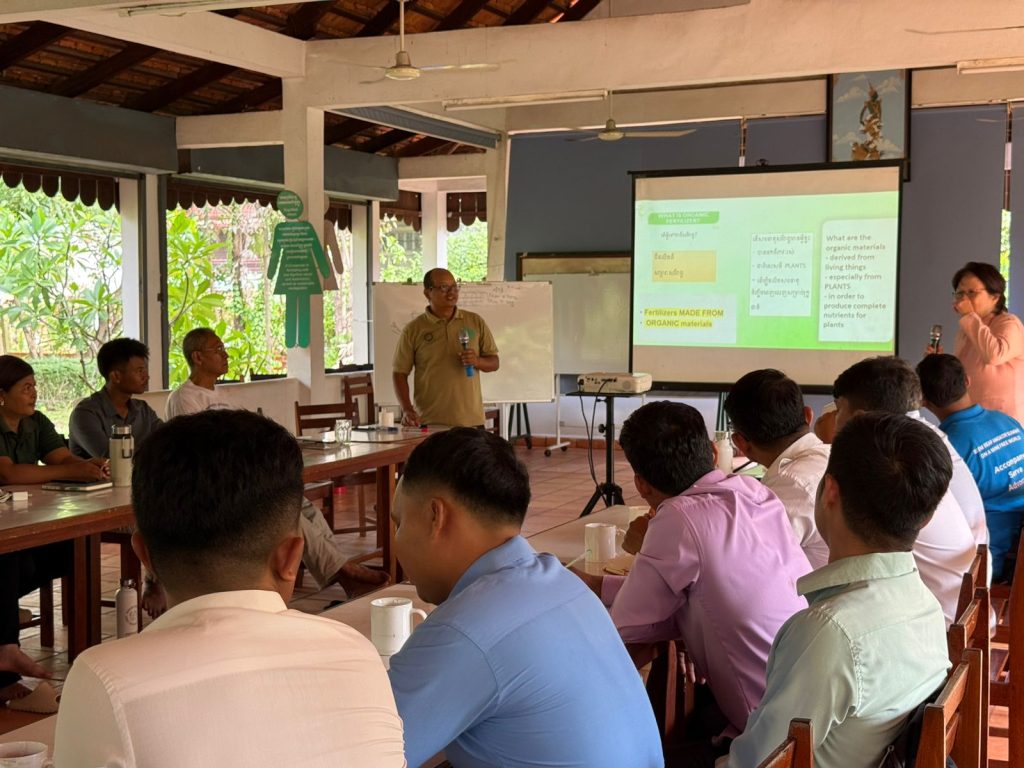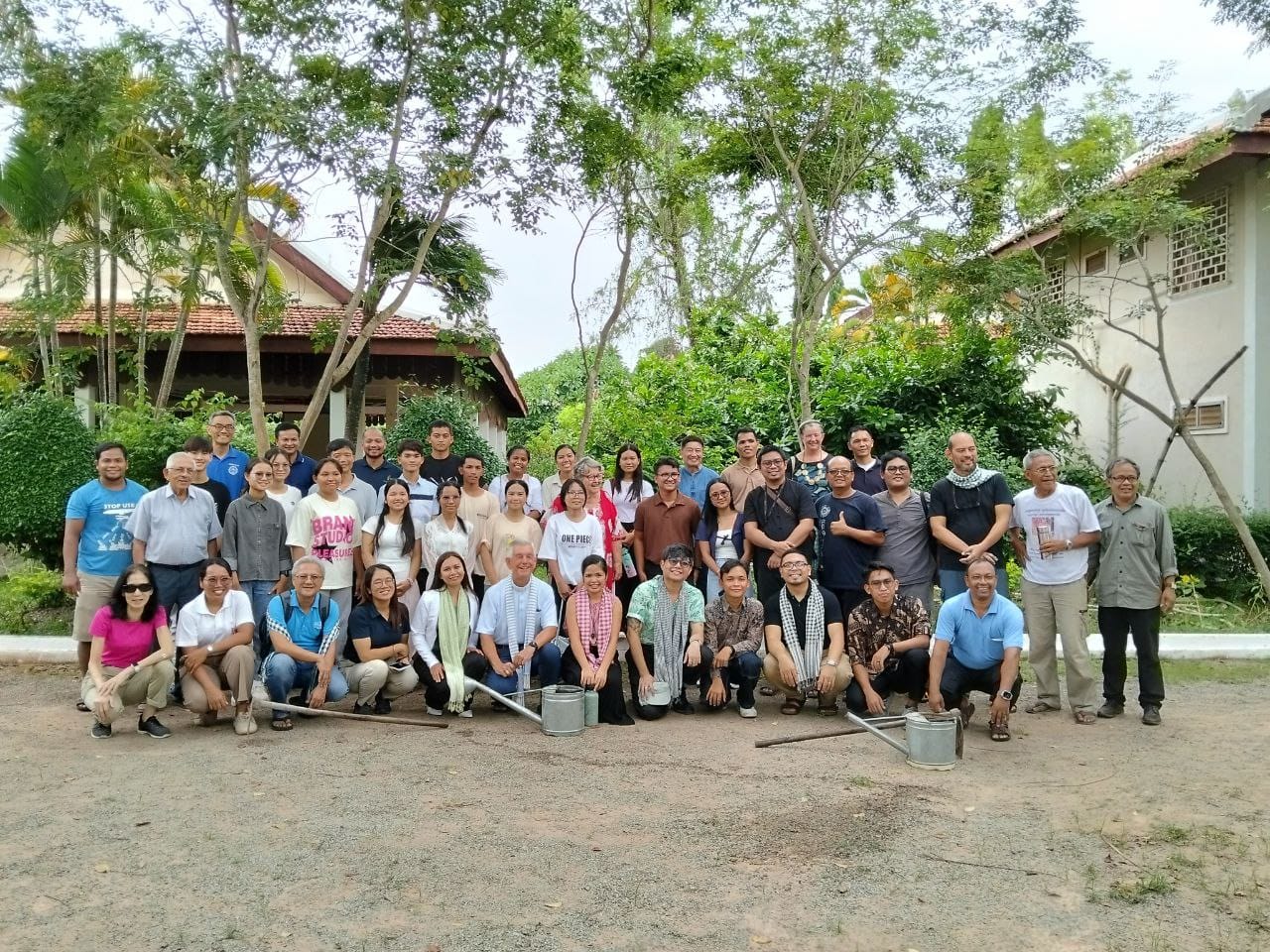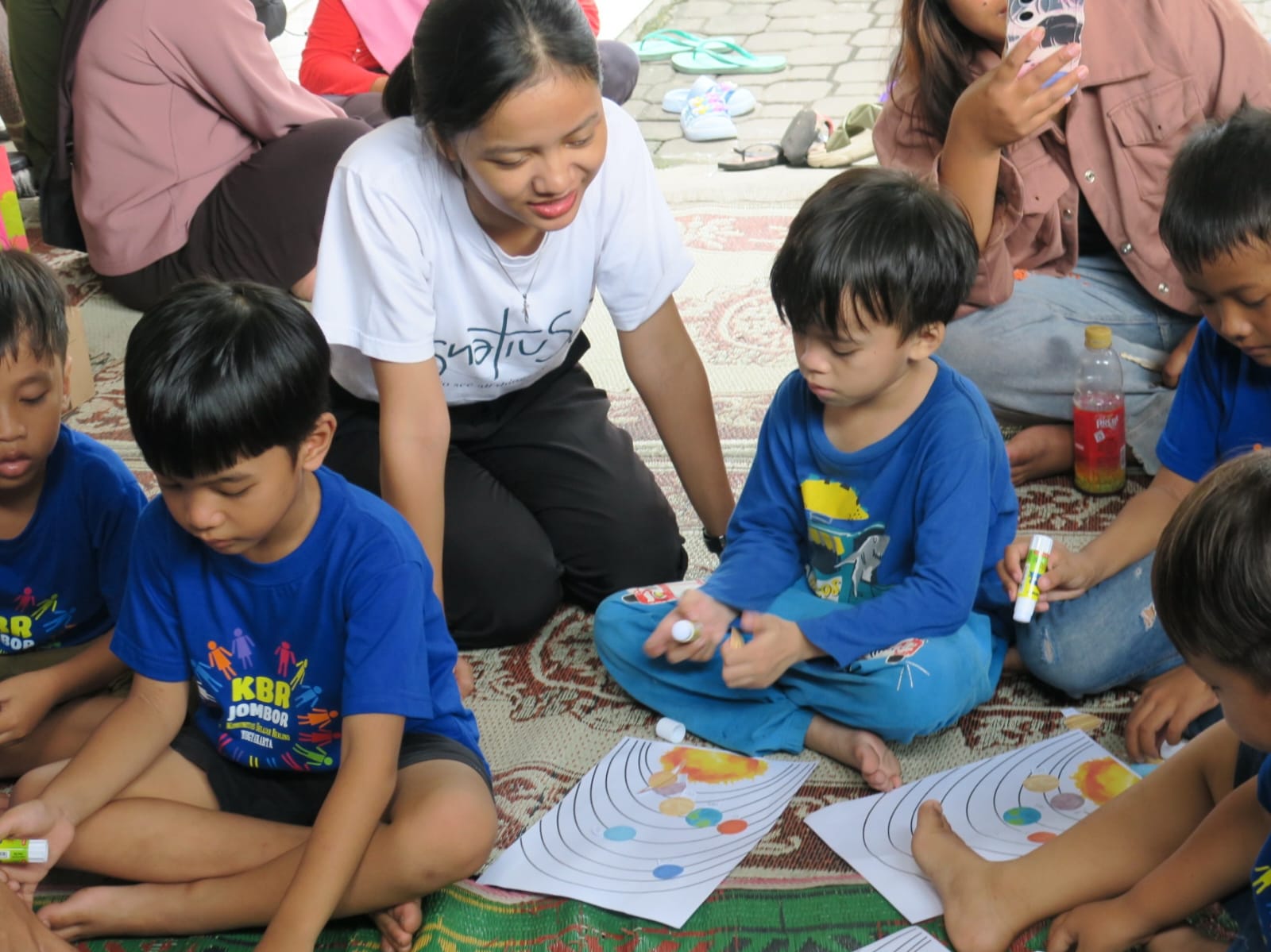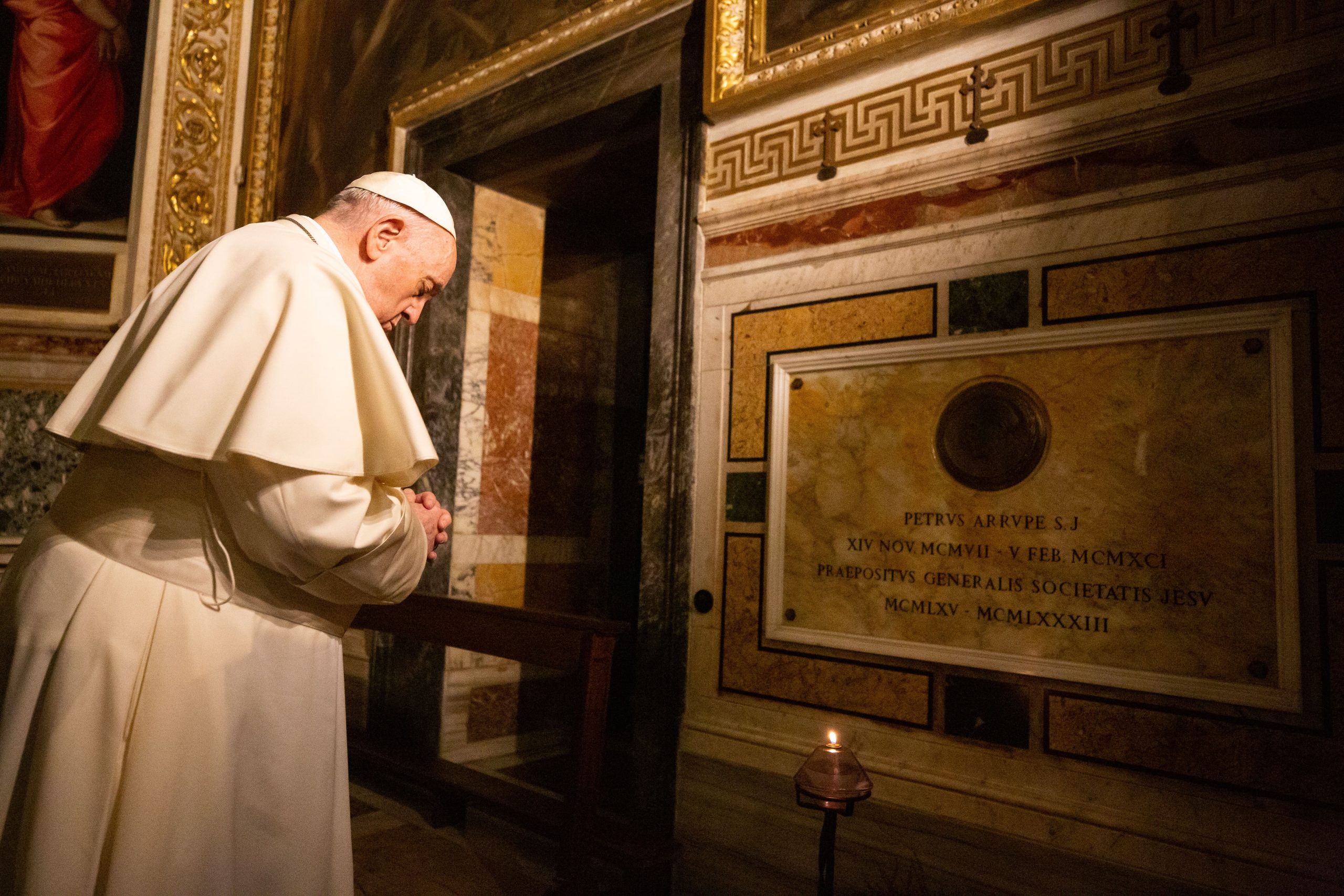Participants expressed positive feedback after completing a short agriculture course held at the Reflection Center Mindol Metta Karuna in Siem Reap, Cambodia. They appreciated the practicality of the course, which included hands-on activities using inexpensive local materials. The course, organized by the Agricultural Training Course (KPTT) of Salatiga, took place on July 4-5, 2025, and aimed to boost interest in agriculture, a crucial yet underappreciated sector.
Over 30 participants, including Jesuits, teachers, and environmental activists, joined the course focused on integrated and sustainable farming. Key themes included connectivity, mutual service, and harmony, which resonate with Cambodian history, as many ancestors were farmers. However, the interest in agriculture declined due to past struggles, especially during the Khmer regime, where many were forced into farming under dire conditions.
The course taught participants how to become ecologically responsible individuals by providing foundational knowledge in agriculture, such as planting media, plant nutrition, and pest control. They actively engaged in creating planting media, hugelkultuur, and preparing local microorganisms.
At the end of the course, Father Jihnyuk was moved by the realization of interconnectedness among people, nature, and God, encouraged by a video demonstrating how trees communicate with each other through fungi and microorganisms in the soil.
Reconciliation with Creation (RWC) Meeting
The agricultural course mentioned above is part of a series of events held in conjunction with the JCAP-level RWC delegation meeting, which took place at the exact location. During this RWC meeting, two main agendas were discussed. The first agenda involved inviting and requesting the winners of the Creator of Hope program to present their ecological projects. These are young individuals who have been actively involved in ecological conservation efforts for over two years, through various environmental protection activities. One of the winners that caught my attention is from Indonesia, working in coral reef and marine biodiversity conservation in the Anambas Islands. Together with the Anambas Foundation, Fauzan Maulana, the Creator of Hope winner, is collaborating to improve the underwater conditions in the waters of Anambas. Despite appearing remote, these waters have suffered significant damage due to the use of bombs and tiger nets in fishing. The core of the Creator of Hope program is RWC’s support for young people who have been actively working and fighting for the environment where they live.
The second agenda of the RWC meeting was presentations from each province and region on the ecological activities carried out in their respective areas. At the end of the RWC meeting, we proposed various activities that we could undertake together across provinces and regions, as well as the forms of assistance that could be provided or contributed. To make things clear and concrete, we eventually formed a core group that was then tasked with formulating the vision, mission, and practical steps for implementing future RWC activities. One practical step that I found particularly interesting from the final part of the meeting was the delegates’ desire to practice “Finding God in Farming.” The farming practices inspired this phrase itself carried out at KPTT. For other delegates, this was a good practice, and in fact, almost all delegates also engage in similar practices. Therefore, farming activities and finding God within them should continue to be pursued.

Contributor: F. Antonius Dieng Karnedi, S.J.




